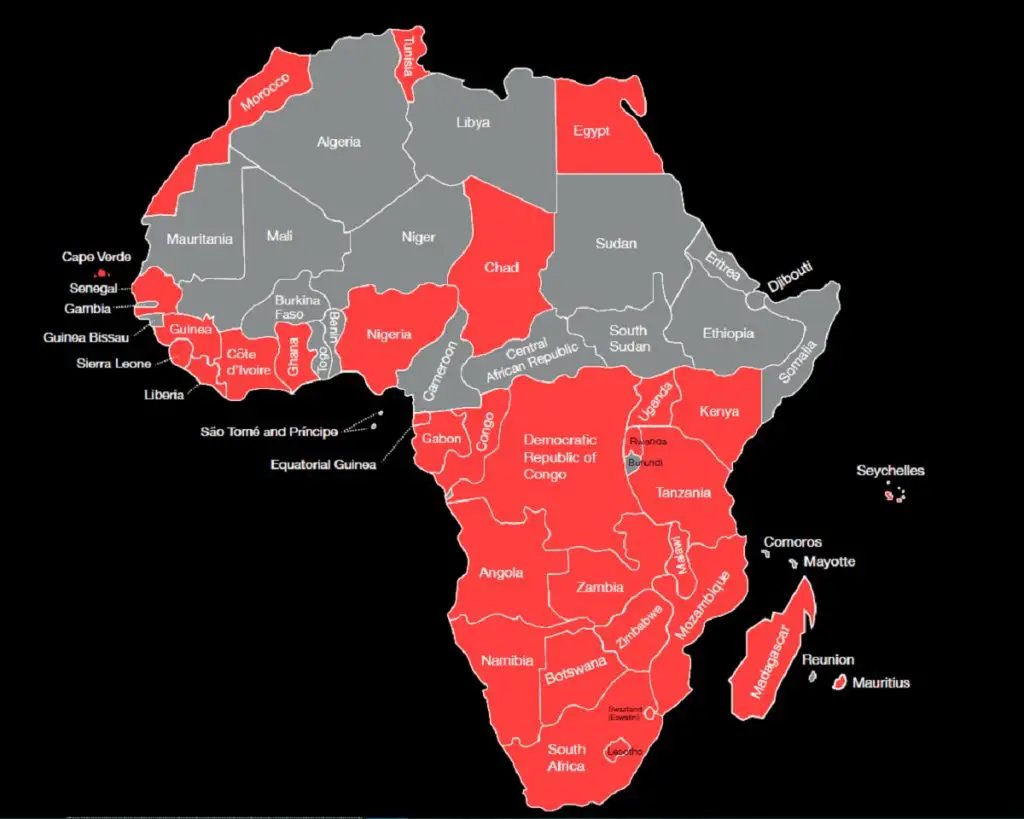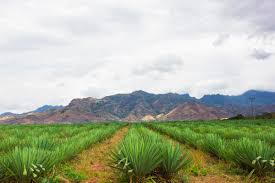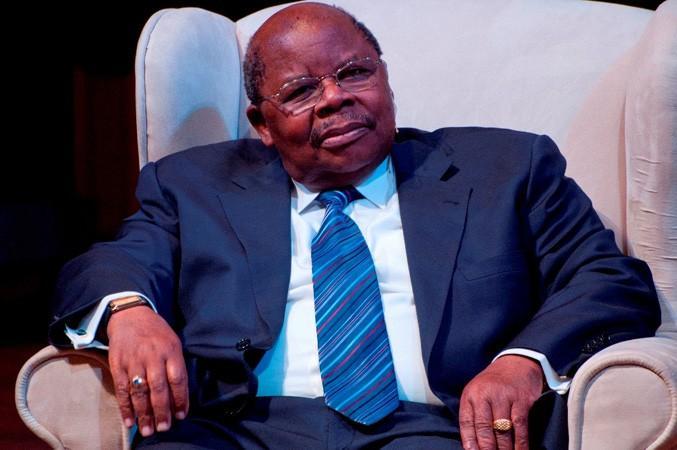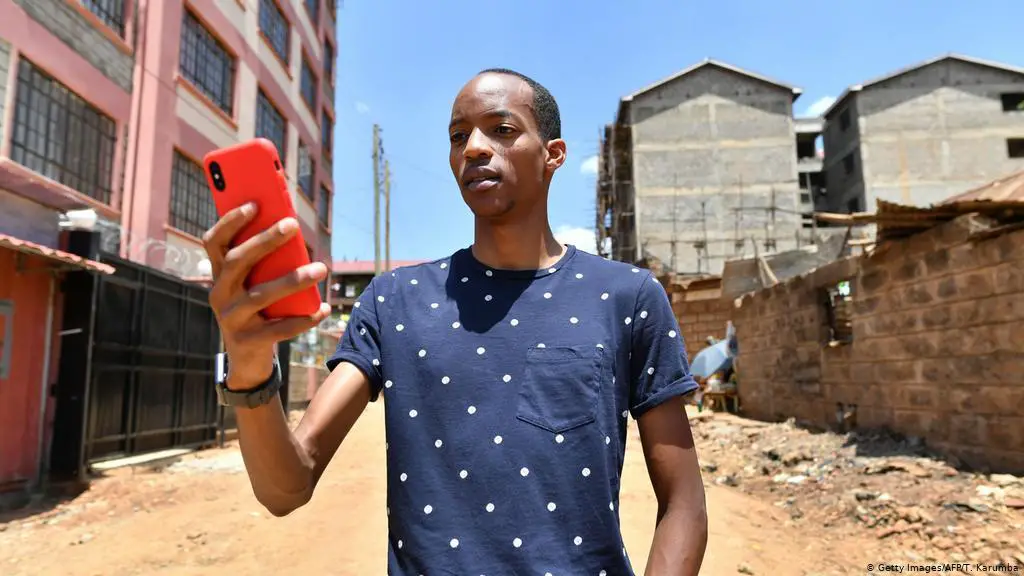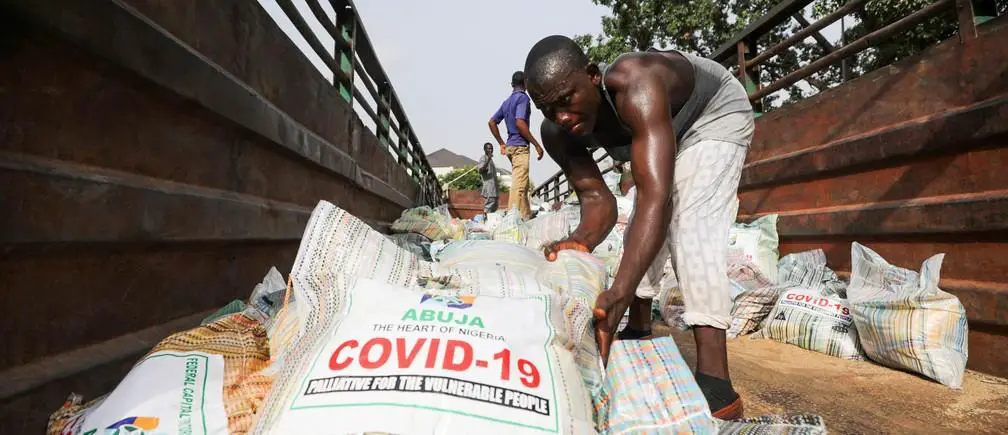- Wärtsilä Energy offers tips on how Africa can navigate energy transition and grid reliability
- Powering Africa: Africa’s Path to Universal Electricity Access
- Global investment trends at AIM Congress 2024: a spotlight on the keynote speakers
- South Africa’s deepening investment ties in South Sudan oil industry
- Agribusiness could drive Africa’s economic prosperity
- Dawood Al Shezawi: Why AIM Congress 2024 is the epicenter of global economic and cultural dialogues
- d.light’s 600,000 cookstoves project verified as top source of quality carbon credits
- Artificial intelligence (AI) could create a turning point for financial inclusion in Africa
Month: July 2020
Agribusinesses in the EAC member states are expected to benefit from greater business opportunities in both the East African and European markets.…
The EU presents a huge opportunity for the EAC region SMEs making it a great platform for those in the sector to market their products in Europe.…
Kenya long-term development blueprint, Vision 2030, seeks to transform Kenya into an industrializing, high middle-income country…
The Mastercard Foundation’ Komeza program is gaining momentum and Rwanda, the fastest growing economy in East Africa, is not about to be left behind.
Equity Bank of Rwanda as announced that it will be partnering with Rwanda’s Entrepreneurial Solutions Partners (ESP) under the Komeza program to stimulate recovery from the negative effects of Covid-19.
Komeza is the brainchild of Entrepreneurial Solutions Partners (ESP) which has won support of Mastercard’s ongoing USD2.5 million MasterCard Foundation COVID-19 Recovery and Resilience Program. The Mastercard program is designed to support small and medium enterprises (SMEs) specifically in the Tourism and Hospitality sector.
Under the program, with Equity Bank Rwanda PLC as the financing partner, ESP will provide both financial support and technical assistance to 120 SMEs that operate within the Tourism and Hospitality sector.
Over the next year, the Komeza program will provide technical assistance and financing of up to USD50000 to each qualifying …
It is crucial for Africa to integrate its financial systems to create a mutualized system of financial stability that works for the continent or regional monetary cooperation as in East Asia.…
Tanzania is no novice to sisal production, if anything, it is one of the world’s oldest sisal producing countries. Dating back to the late 19th century when the region was then known as the German East Africa Company, sisal was produced by the colonialists, at which time it was the German administration and later the British.
Reports state that sisal production was the colony’s largest export so much that at the time of independence in 1961, Tanzania was the largest exporter of Sisal in the world.
Now, almost 6 decades down the road, Tanzania is working on regaining the status. For one, a quick visit around the sprawling sisal farms that run for miles and miles with their pointed spikes reaching for the skies, one can tell, little to no upkeep is been done to these plantations.
So the government, in June, warned that it will revoke all undeveloped …
ACIP offers a unique opportunity to change the way disease surveillance is conducted enhancing the ability to acquire good and timely data.…
It is with no doubt that Tanzanians remember the period when the country rose from a state-controlled economy attached to socialist objectives; then came efforts to broadcast Tanzania to the world, heralding a liberalized economy and pursuing market-oriented reforms. It is significantly crucial to say Tanzania remembers this vital stride, made possible by its late third President Benjamin William Mkapa, who passed away on July 23 in Dar es Salaam, Tanzania.
Mkapa was Tanzania’s most distinguished political figure whose tenure as president began from 1995 to 2005. He assumed many international and regional roles, as a diplomatic figure, peace negotiator and a chair to different bodies such as Southern African Development Community (SADC), and founder of a trust in his name.
As Tanzania mourns his passing and also celebrates his utmost service to the most vital office in government, it is of paramount importance to exercise remembrance of his …
It has never occurred in Africa for people to remain indoors, work from home and limit human interactions as much as possible to curb the spread of disease.
Nearly 42 nations enacted partial or full lockdowns to limit the spread of the coronavirus (COVID-19), hence—this ushered rolling drums for other aspects of life to take form, particularly digitization of life.
Africa, a continent of more than 1.3 billion people, experienced the horror of the virus as massive volumes of trade and goods ceased to interact within the economy pool, forcing some communities to adopt other means of life, including being well versed with virtual meetings, online shopping, online learning and online working.
As Rwandan President Paul Kagame says, “…the pandemic is a test for us. The way we address it shows our level of preparedness against anything that attempts to disrupt our lives and …
Africa, the continent of more than 1.3 billion people has experienced its share of the coronavirus (COVID-19), which shaved off crucial portions of the continent’s economy (tourism, trade and travel) leading to funding holes, debt burden and propelling unemployment and inequalities.
There are several projections laid out benching on Africa’s economic trend. According to UN estimates, African countries have so far lost an estimated US$29 billion due to the pandemic.
Meanwhile the United Nations Economic Commission for Africa (ECA) pinned its forecast noting the virus will shave 1.4 per cent off Africa’s $2.1 trillion GDP, hurting the continent’s business landscape.
Despite the pandemic eviscerating this year’s plans of enhancing tourism and travel horizons for East Africa’s hotbed Tanzania and Kenya, the African Development Bank (AfDB) finds the region undeterred in the face of the pandemic , as it becomes …









